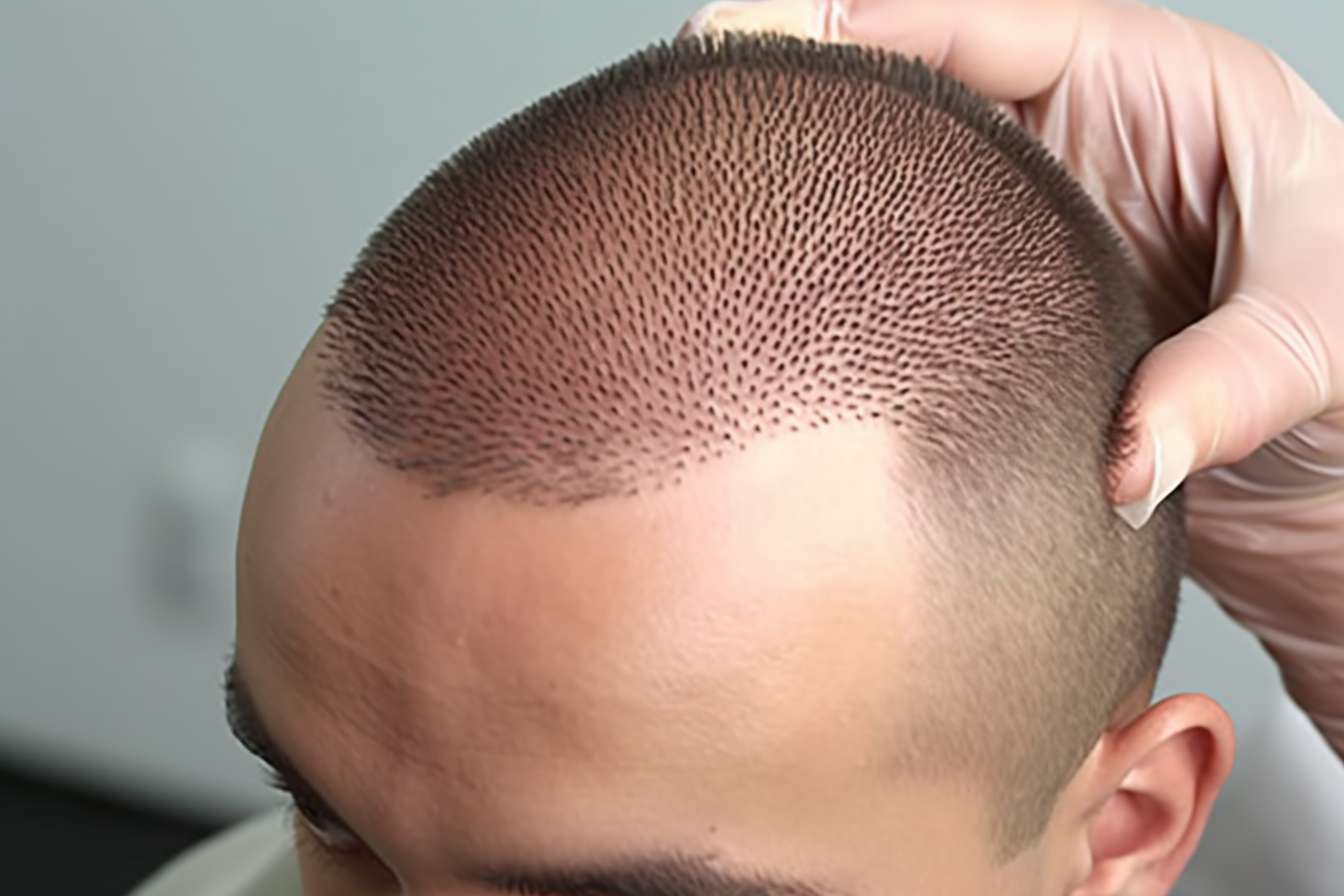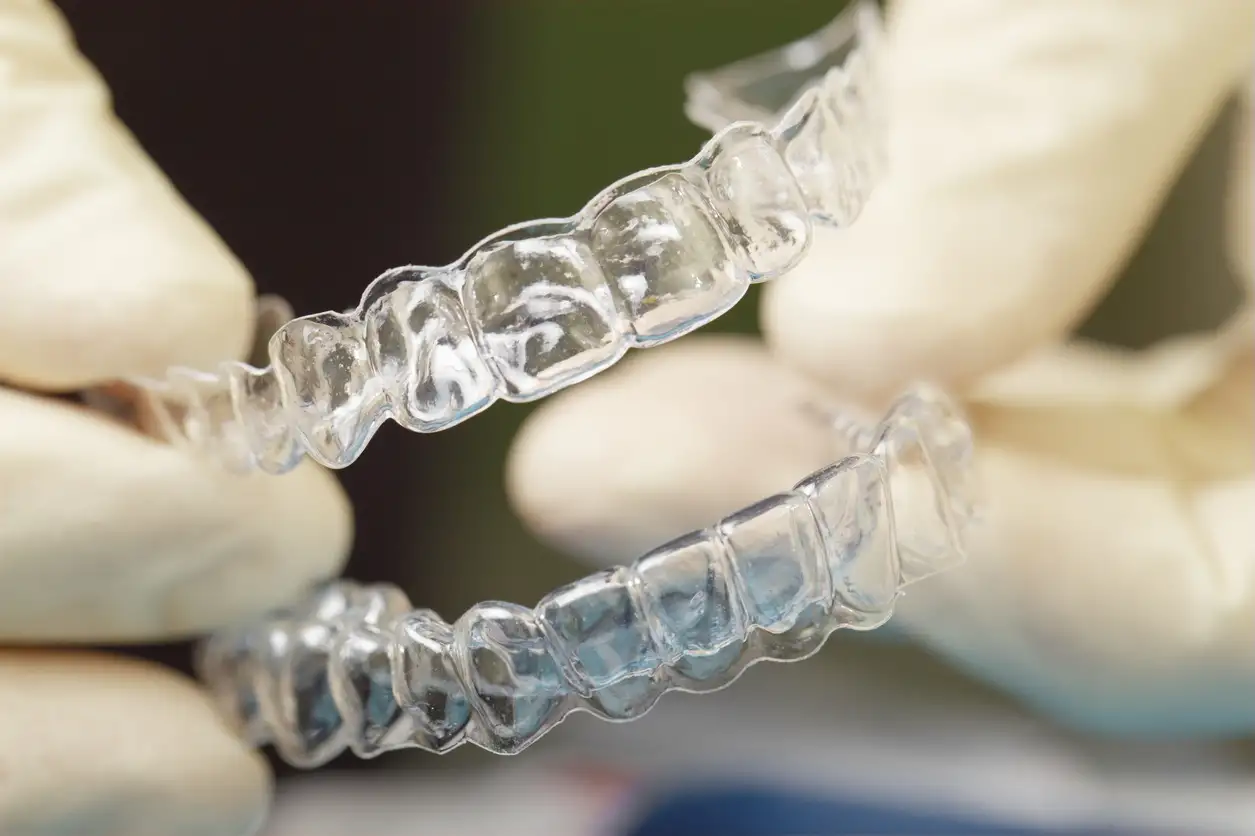Could Your Scalp Issues Be a Sign of Psoriasis?
Many people mistake scalp psoriasis for simple dandruff or dryness — but the signs can go much deeper. If you’ve noticed persistent flaking, itching, or redness, it might be time to look closer. Here's what you should know about this overlooked condition.

What is scalp psoriasis and how does it appear?
Scalp psoriasis is an autoimmune condition that causes skin cells to multiply rapidly, creating thick, scaly patches on the scalp. Unlike regular dandruff, these patches appear as raised, silvery-white scales that can extend beyond the hairline to the forehead, neck, and behind the ears. The affected areas often have a reddish base underneath the scales, and the patches can vary in size from small spots to large areas covering most of the scalp. This condition affects approximately 2-3% of the population and can range from mild scaling to severe, thick plaques that cause significant discomfort.
Early signs of scalp psoriasis you might miss
The initial symptoms of scalp psoriasis are often subtle and easily overlooked. You might notice slightly more flaking than usual, which many people dismiss as seasonal dryness or stress-related dandruff. However, early warning signs include persistent itching that doesn’t improve with regular shampooing, small red bumps along the hairline, and flakes that appear thicker and more silvery than typical dandruff. Some people also experience a tight, burning sensation on their scalp or notice that their usual hair products suddenly seem to irritate their skin. Hair loss can occur in severe cases, though it’s typically temporary and grows back once the condition is properly managed.
Scalp psoriasis vs dandruff — key differences
Understanding the distinction between scalp psoriasis and common dandruff is crucial for proper treatment. Dandruff typically produces small, white or yellowish flakes that fall easily from the scalp, while psoriasis creates thicker, silvery scales that adhere more strongly to the skin. Psoriasis patches often have well-defined borders and may extend beyond the scalp to other areas of the body, whereas dandruff remains confined to the scalp area. The itching associated with psoriasis tends to be more intense and persistent, and regular anti-dandruff shampoos usually provide little to no relief. Additionally, psoriasis often occurs alongside similar patches on other body parts like elbows, knees, or lower back.
Causes and triggers of scalp psoriasis flare-ups
Scalp psoriasis results from an overactive immune system that speeds up skin cell production, but several factors can trigger or worsen flare-ups. Stress is one of the most common triggers, as it can disrupt immune function and exacerbate symptoms. Weather changes, particularly cold, dry conditions, often lead to increased scaling and irritation. Certain medications, including lithium, beta-blockers, and antimalarial drugs, can trigger episodes in susceptible individuals. Infections, particularly strep throat, may also precipitate flare-ups. Other common triggers include excessive alcohol consumption, smoking, hormonal changes, and physical trauma to the scalp from aggressive brushing or chemical treatments.
How to Soothe an Inflamed and Flaky Scalp
Managing scalp psoriasis requires a comprehensive approach that combines medical treatments with gentle daily care. Medicated shampoos containing coal tar, salicylic acid, or ketoconazole can help reduce scaling and inflammation when used regularly. Topical corticosteroids prescribed by a healthcare provider can provide relief during active flare-ups, while vitamin D analogs offer a gentler long-term treatment option. For severe cases, systemic medications or light therapy may be necessary. At home, gentle scalp massage with natural oils like coconut or jojoba can help soften scales before washing. Avoiding harsh hair products, limiting heat styling, and maintaining a consistent hair care routine can prevent additional irritation.
Treatment costs for scalp psoriasis vary significantly depending on the severity of the condition and chosen treatment approach. Over-the-counter medicated shampoos typically range from $10-25 per bottle and may need to be used continuously. Prescription topical treatments can cost $50-200 per tube without insurance coverage. Dermatologist consultations generally range from $200-400 for initial visits, with follow-ups costing $100-200. More advanced treatments like biologics for severe cases can cost thousands of dollars monthly without insurance coverage.
| Treatment Type | Average Cost | Insurance Coverage | Effectiveness |
|---|---|---|---|
| OTC Medicated Shampoos | $10-25 | Not covered | Mild to moderate cases |
| Prescription Topicals | $50-200 | Often covered | Moderate cases |
| Dermatologist Visits | $200-400 initial | Usually covered | Necessary for diagnosis |
| Biologic Treatments | $3000-6000/month | Varies by plan | Severe cases |
Prices, rates, or cost estimates mentioned in this article are based on the latest available information but may change over time. Independent research is advised before making financial decisions.
Living with scalp psoriasis can be challenging, but understanding your condition is the first step toward effective management. The key difference between psoriasis and common scalp conditions lies in the persistence and appearance of symptoms. While over-the-counter treatments may provide some relief, consulting with a dermatologist ensures you receive an accurate diagnosis and appropriate treatment plan. With proper care and management, most people with scalp psoriasis can achieve significant symptom relief and maintain healthy scalp conditions. Remember that this is a manageable chronic condition, and various treatment options are available to help you find comfort and confidence in your daily life.
This article is for informational purposes only and should not be considered medical advice. Please consult a qualified healthcare professional for personalized guidance and treatment.




